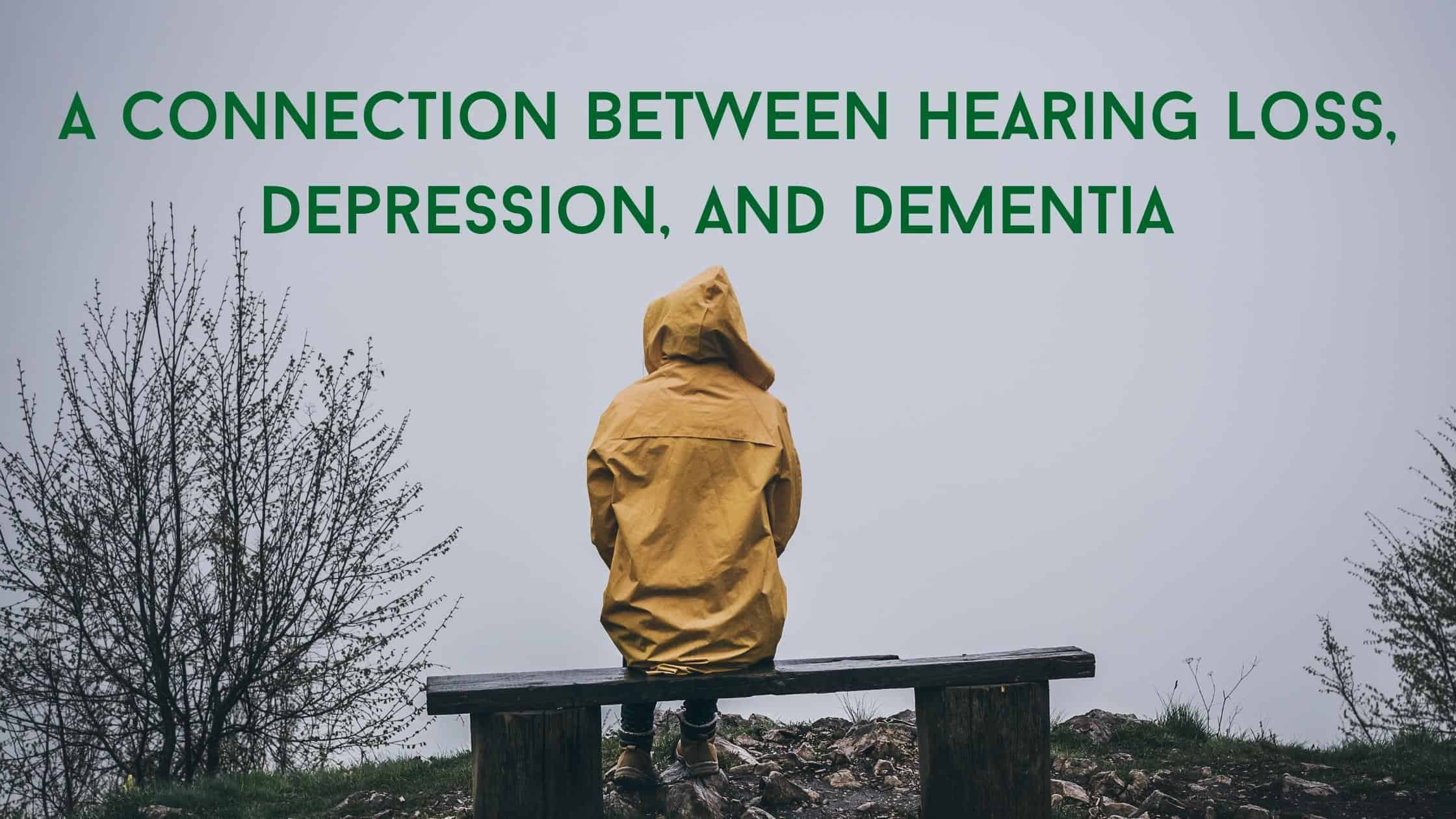
- Signs Your Earwax Buildup Needs Professional Attention - May 29, 2025
- Preparing for a Hearing Test and What You Should Bring - May 16, 2025
- A Step-by-Step Look at How Hearing Aids Make Sounds Sharper - May 5, 2025
Hearing loss is a condition, which affects approximately 466 million people worldwide. Aside from making it a challenge to hear, hearing loss has serious implications, especially as it progresses. Trouble hearing is not only an ear issue but also a communication issue affecting your relationships with the people in your life at home and in the workplace.
Untreated hearing loss can make you feel estranged from your closest relationships, leaving you feeling out of the loop, disconnected and depressed. If this is ignored for years it can have irreversible implications. Many researchers believe that untreated hearing loss can even increase your chance of developing dementia sooner or at all.
Hearing Loss and Depression
It is all too common for people who ignore their hearing to struggle with depression. When relationships between friends, co-workers and closest family members become strained due to tension from constant miscommunication people often withdraw, avoid trying new things and self isolate instead. The thing is; hearing loss can be exhausting.
Often hearing loss is caused by damage to the ears making just certain sounds hard to hear for the hearing impaired. This forces your brain to interpret speech with limited information causing your brain to work harder than it normally would. What may seem like a casual conversation for someone who has healthy hearing can leave people completely emotionally drained from the stain of listening and trying to respond. It is all too common for people to withdraw instead. Humans are social creatures, which thrive from interactions with others.
As these connections become fewer and fewer it is all too common for chronic depression to settle in over years of self imposed loneliness due to poor hearing. A 2019 study found the one in five senior adults with hearing loss suffered from clinical depression, however depression due to hearing loss can strike at any age. For instance a 2009 study found that the likelihood for developing depression increased by 5 percent with every drop in incremental hearing ability for those under 70.
Hearing Loss and an Increased Risk of Dementia
When depression and isolation continue for years and years it can have devastating effects on your entire health. Aside from an increased risk of heart disease and stroke due to loneliness and depression the risk of dementia is significant, especially when living with depression in part made more severe due to hearing loss. A study at the University of Michigan examined the connection between hearing loss, depression, and dementia, which are all common in people over 65. The study found that untreated hearing loss increased risk of both depression and dementia as patients age.
The Benefits of Treating Your Hearing Loss
While most cases of hearing loss are irreversible it can be treated rather effectively with hearing aids. Hearing aids amplify the specific tones and pitches which are hard for you to hear with so you won’t have to struggle through conversation.
You can slowly start to rebuild relationships that may have become distant over the years and continue to explore interests and hobbies which may have been put aside due to depression induced by hearing loss.
The Michigan study examined data from approximately 115,00 patients over 66, with and without hearing loss. Some of the patients wore hearing aids and others let their hearing loss go untreated. For patients who ignored their hearing loss, the study found that they had many more adverse health issues on average in comparison to those with treated hearing loss in just four years following a hearing impairment diagnosis. In contrast, those who wore hearing aids had a reduced risk of depression by 11%, a decreased risk of fall or accident by 13% and a reduced risk of developing dementia by 18%.
Act Now to Address Your Hearing
It can be difficult to know when hearing loss has set in as it often starts slowly and creeps up over time. It is often the people close to you who notice it first. If someone close to you discloses that they suspect you have a hearing loss, it is wise to take this suggestion seriously.
Make an appointment to treat your hearing loss with us today! The sooner you put it off the worse your side effects like depression and dementia can become. You don’t have to let it get to this point! Take the leap and invest in your hearing health today.
